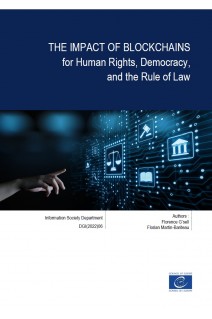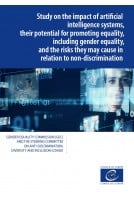Executive Summary Introduction 1. A Primer on Blockchains
What is a blockchain?
Cryptocurrencies
“Smart” Contracts
Decentralized Autonomous Organizations (DAOs)
Non-Fungible Tokens (NFTs)
Criticism of Blockchains
2. Opportunities for Human Rights and Democracy
Fostering Freedom Through Pseudo-Anonymity
Benefits of Pseudo-Anonymity for Fundamental Freedoms
Limits of Pseudo-Anonymity
Strengthening Anonymity on Blockchain Platforms
Supporting Digital Identity
Controlling Identification: The Concept of “Self-Sovereign Identity” (SSI)
Enabling Informational Self-Determination
Supporting Refugees and Vulnerable Populations
Providing Identity to Refugees
Combating Child and Human Trafficking
Managing and Distributing Aid and Resources
Supporting the Unbanked Population
Supporting Labour Rights
Adverse Effects
Reducing Human Rights Abuses in Supply Chain
Protecting Land Titles and Real Estate Ownership
Supporting Voting and Democratic Transparency
Powering Dispute Resolution and Justice Systems
3. Legal Issues Regarding Distributed Technologies
Personal Data Protection Concerns
Conflict of Laws and Jurisdictions
Smart “Contracts”
Legal Status
Automation and Immutability
Scripting Legal Terms and Interpreting Computer Code
Enforcement and Execution
Necessary Limits
Legal Status of Distributed Automated Organizations
ConclusionAppendix—Blockchains and the European Convention on Human Rights








